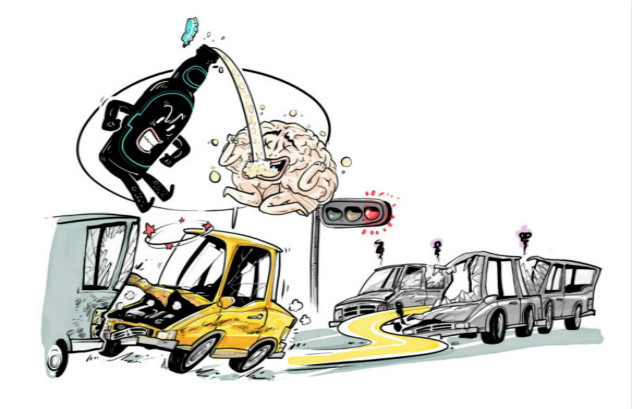Why is the refugee crisis so hard for the EU to handle?
After the horrific attack on the Berlin Christmas market, the EU’s approach to refugees is once more in the headlines. In his 2016 ‘state of the union’ address, delivered on the 14th of September to the European Parliament, Jean-Claude Juncker, the President of the European Commission, stated that:
‘When it comes to managing the refugee crisis, we have started to see solidarity. I am convinced much more solidarity is needed. But I also know that solidarity must be given voluntarily. It must come from the heart. It cannot be forced’.
Few however, would agree with his broadly optimistic tone, because the issue manifestly divides the EU at present, with some seeing it through the lens of moral obligations to assist fellow humans at risk, while others see migration more a threat to security and national identity. The nub of the refugee problem for the EU is that the capacity to deal with it lies with the individual Member States, not the EU collectively. Some, such as Germany, following Angela Merkel’s moral commitment to the open doors approach, now cruelly challenged in Berlin, have been willing to accept substantial numbers, but others, for differing reasons have resisted,
Plainly, the sheer number of displaced persons is a global challenge and is not confined to the EU. Syrian refugees alone account for some 5 million. The fall of Aleppo may, at last, signal an end to the Syrian civil war, but displaced Syrians still represent a major challenge for the EU as a close neighbour, with some 4 million in camps in Lebanon, Jordan and, especially, Turkey. By contrast, around 1.1 million Syrian applications for asylum have been received in Europe since 2011. Most of those now in Europe, are concentrated in Germany (their preferred destination), Greece and Serbia (both transit countries); only a handful of other EU countries have been willing to accept more than a few thousand Syrians. The difficulty in the EU, as a whole, is not the overall capacity to absorb refugees, but the politics of how to share the burden..
The evident preference of migrants to be settled in Germany, Sweden or (at least for some) the UK also has to be taken into account. For the UK, the scale of immigration was much the most powerful argument for voting to leave the EU. The concern for UK voters was mobility of EU workers, a right enshrined in the Union’s single market, but in the referendum campaign, it became conflated with the refugee problem, even though the latter is an entirely separate issue.
A solution proposed at the European level was to have national quotas for taking-in displaced persons, but this has proved to be politically unacceptable, especially to the countries of central and Eastern Europe. They argue that an influx of Muslim refugees would undermine their national identity in what are predominantly Christian countries and have raised questions about security. Leaders of these countries also argue that, in any case, the refugees want to go to Western Europe and would simply leave if they are initially settled in Poland or Hungary. At the informal summit of EU leaders held in Slovakia in mid-September, the Germans (who had been the strongest advocates of quotas, along with the European Commission) accepted that the idea would have to be abandoned and it was noticeably absent from the conclusions of the December European Council..
German and Swedish citizens, meanwhile, complain that their countries are being asked to shoulder an unfair burden and have become increasingly hostile to their governments’ positions on migrants. The Berlin attack, with the federal election in German now just a few months away, means that the refugee policy will inevitably become an even more heated campaign issue, likely to give momentum to the right-wind populists of the Alternative für Deutschland part which is taking votes from Merkel.





















